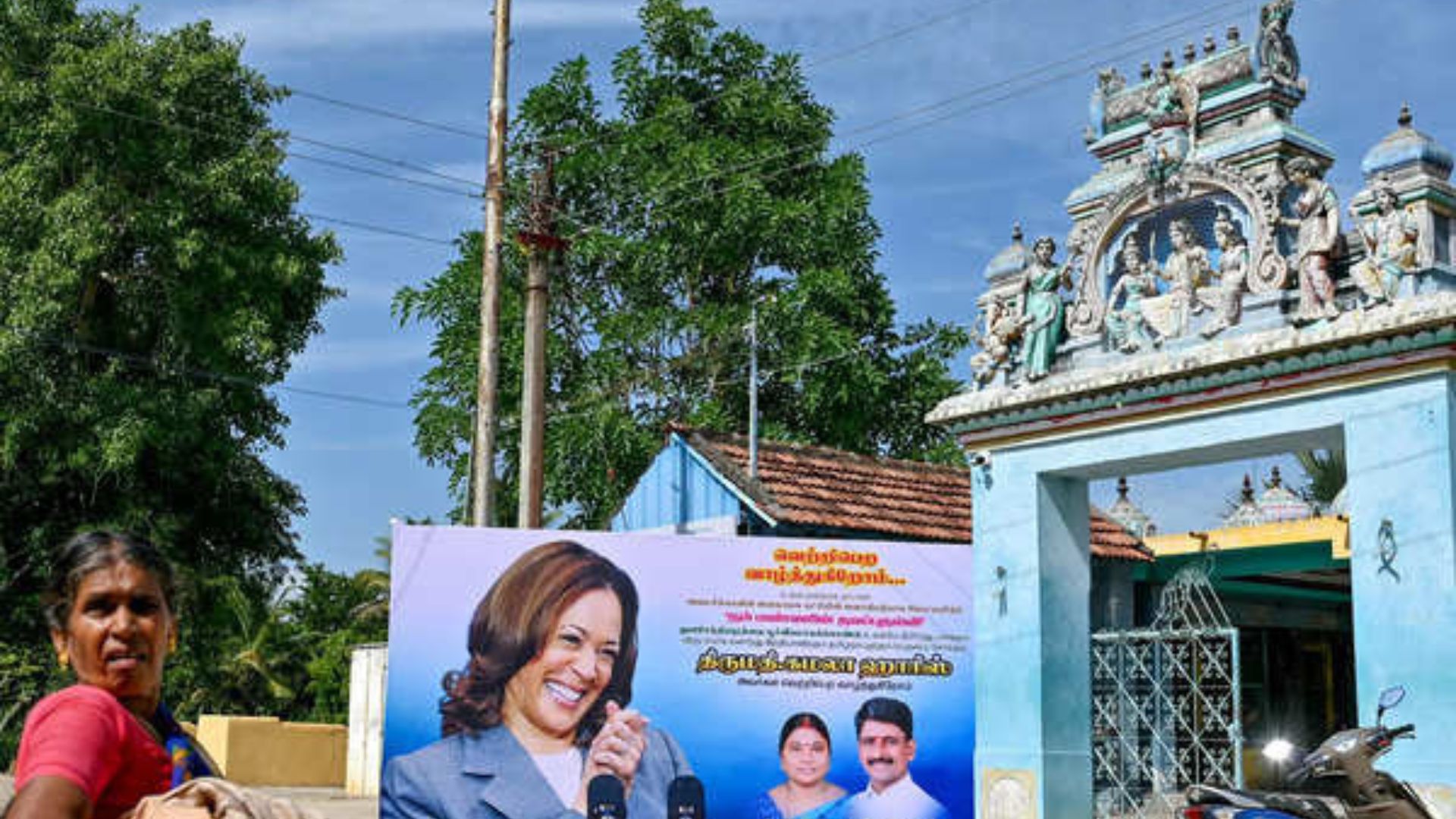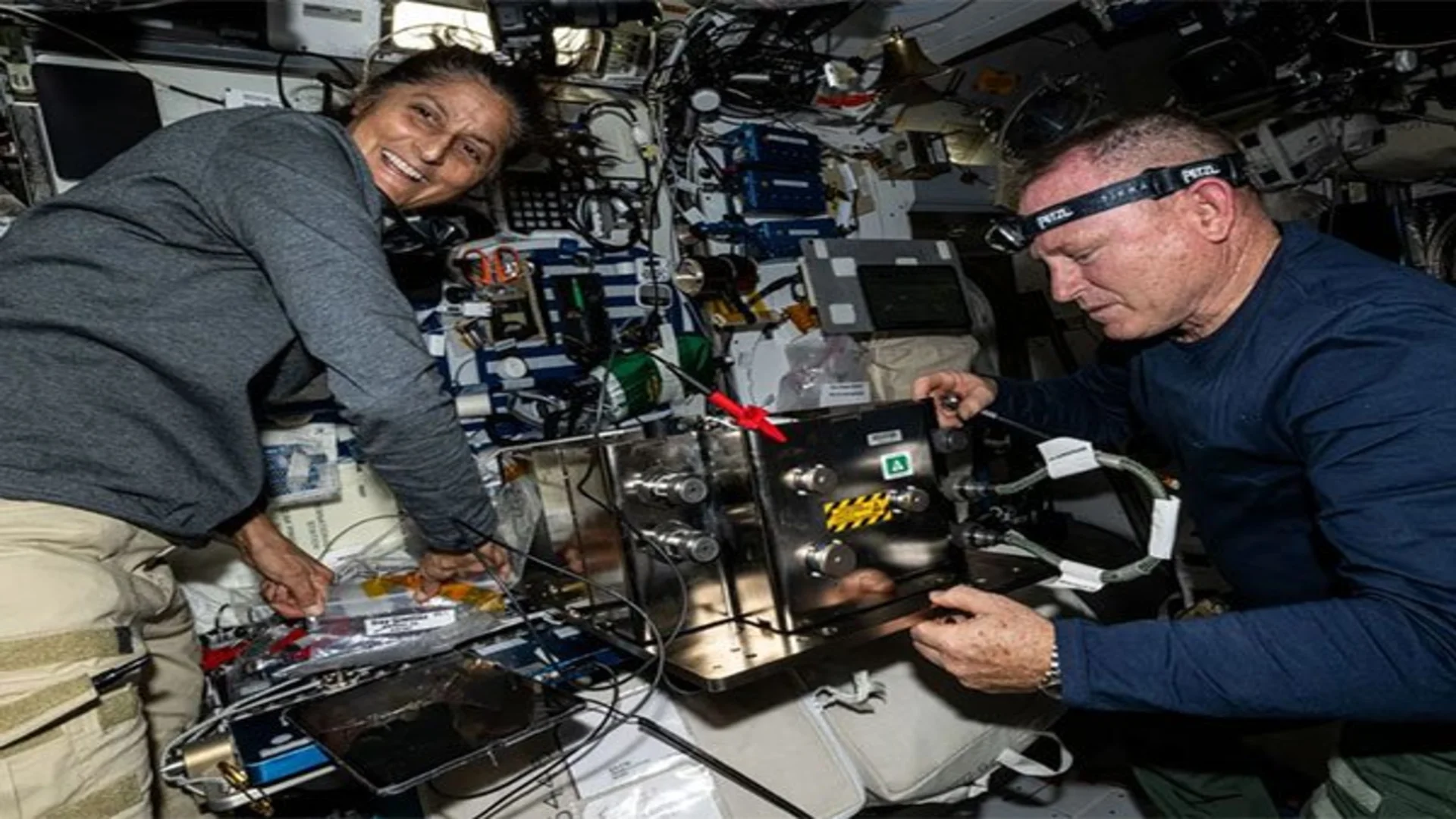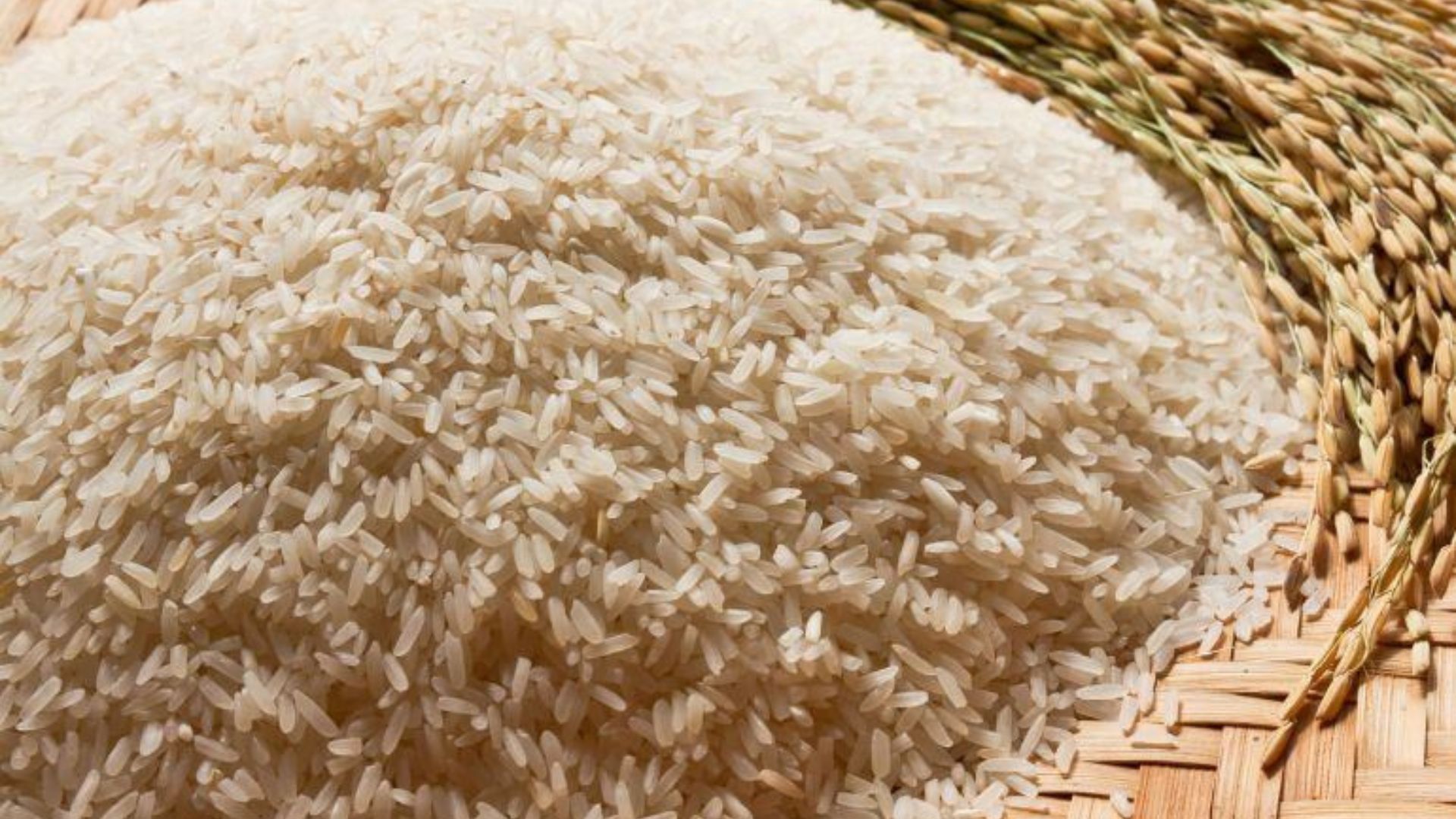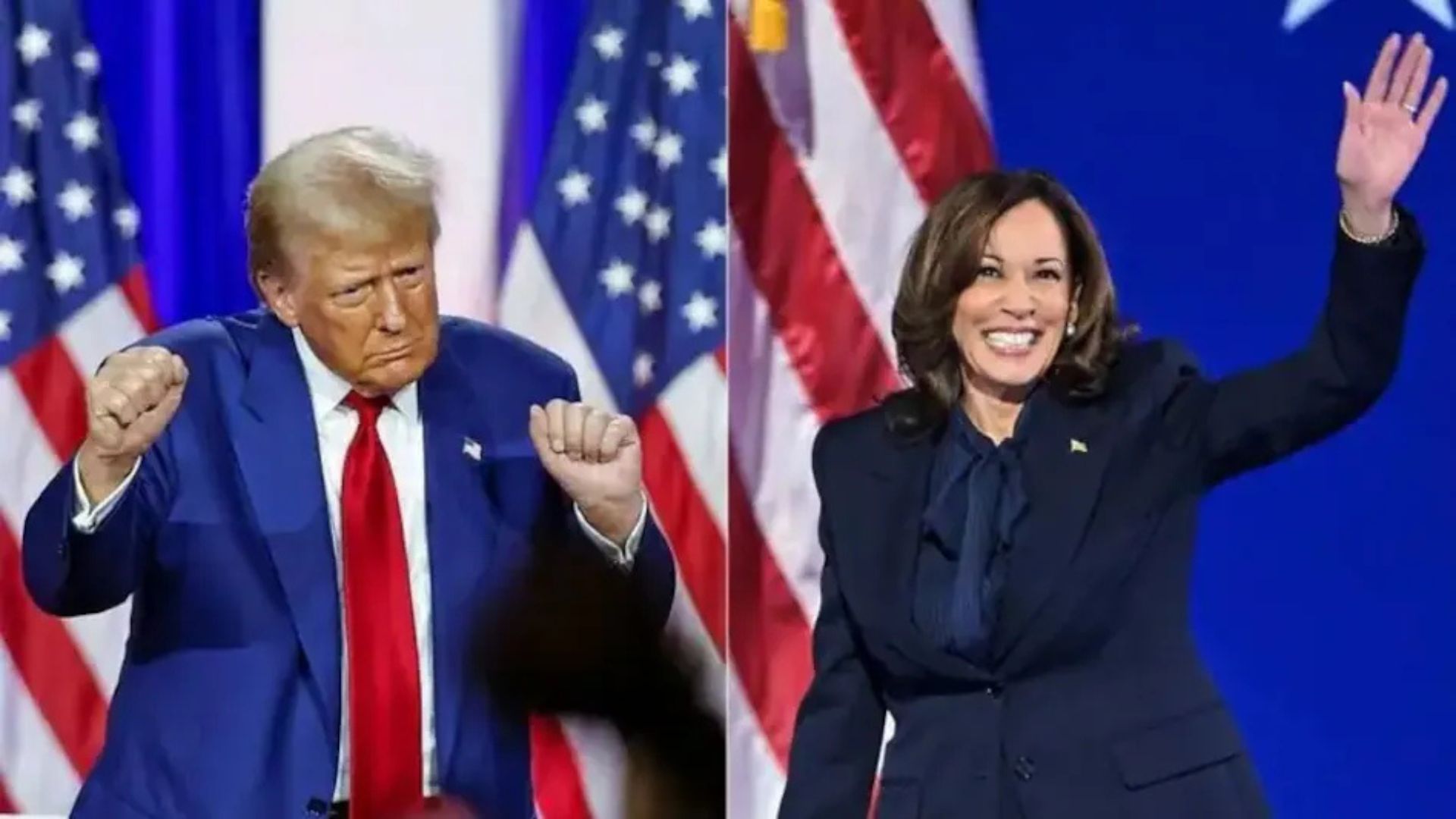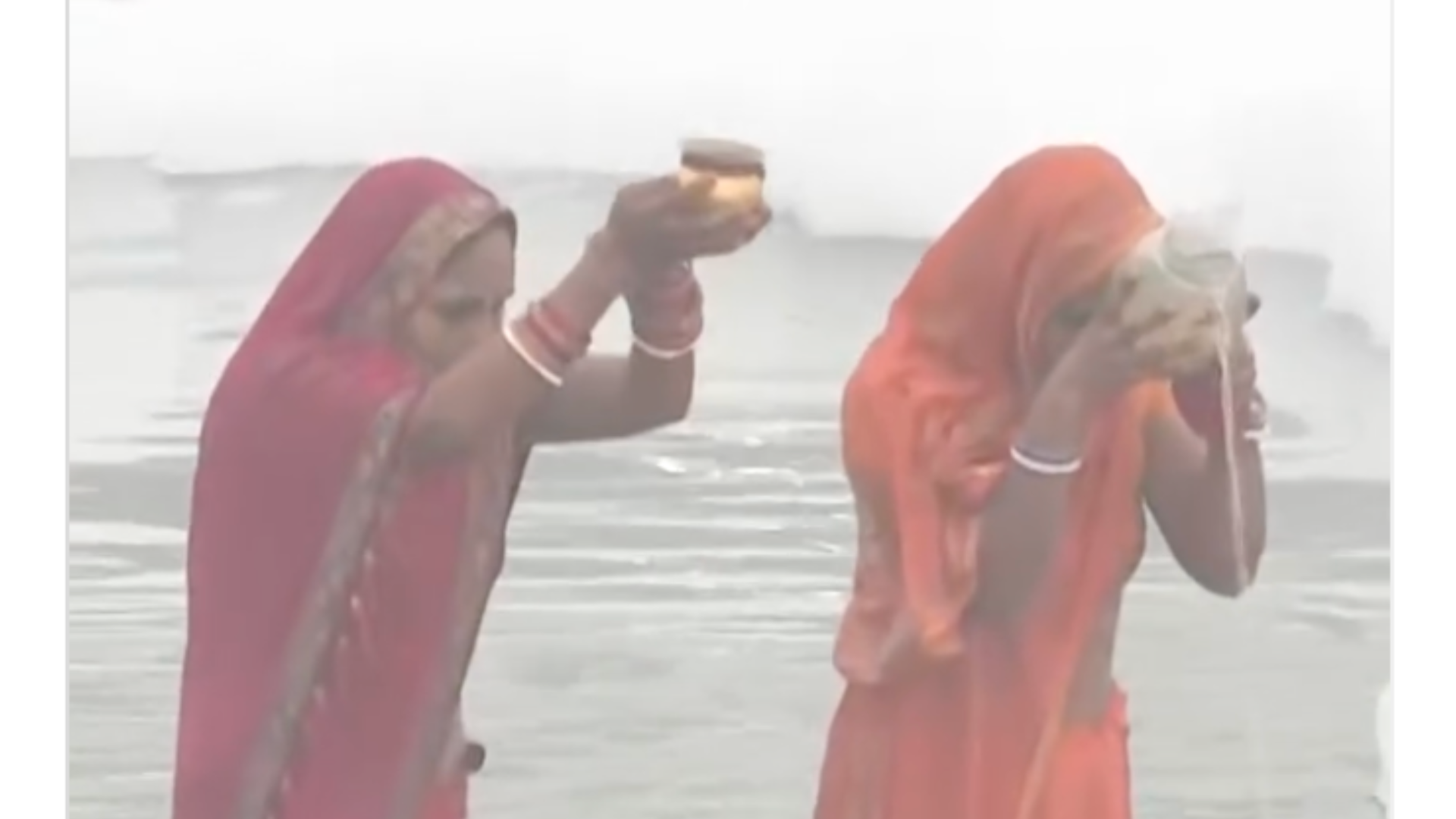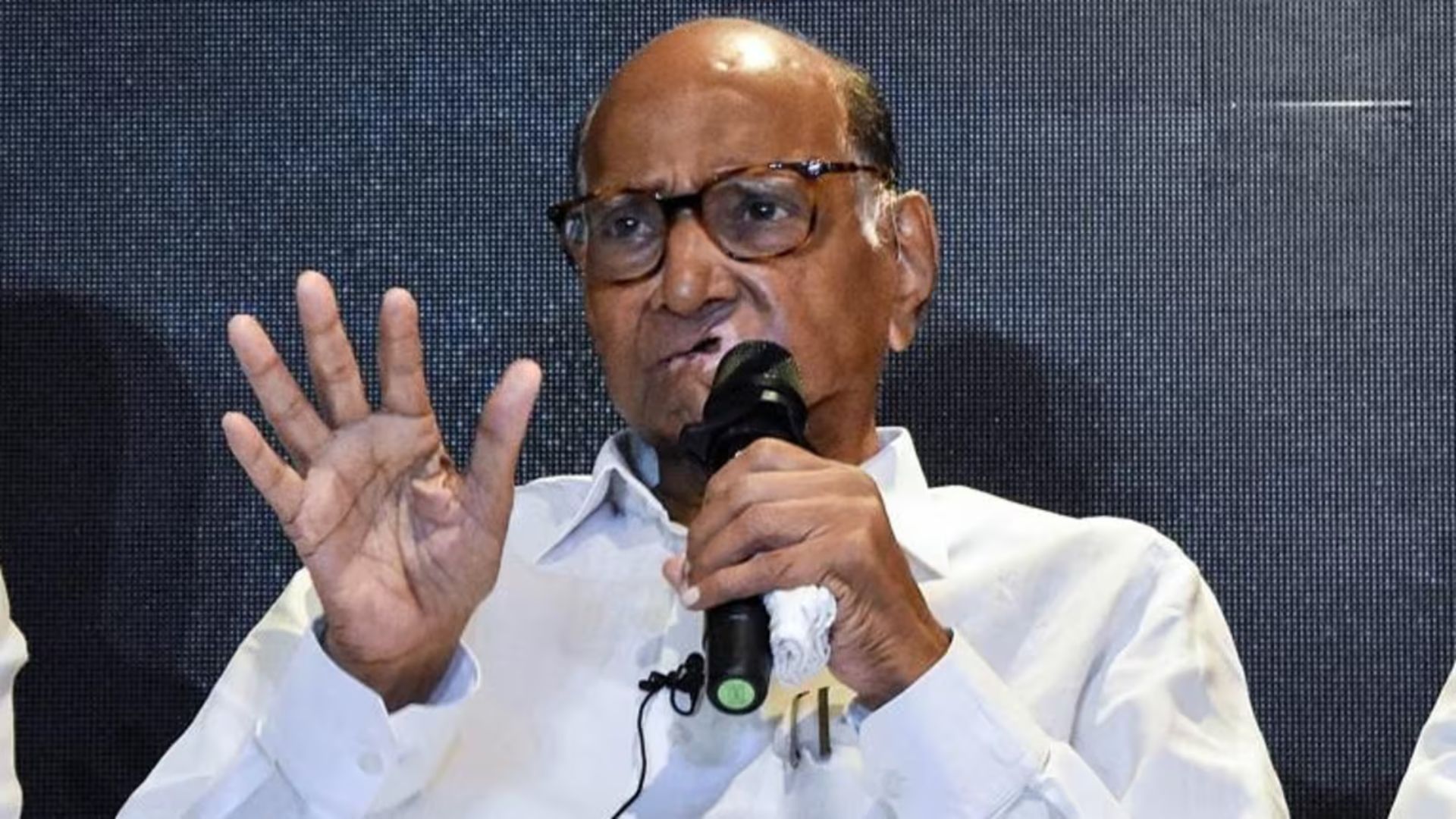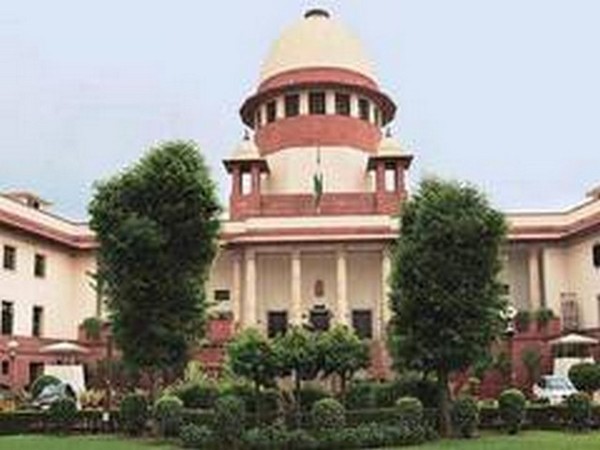
The Supreme Court of India issued a landmark decision today in response to multiple petitions challenging the government’s decision to revoke the provisions of Article 370 of the Constitution, which granted special status to the former state of Jammu and Kashmir.
A five-judge bench led by Chief Justice of India (CJI) D Y Chandrachud, along with Justices Sanjay Kishan Kaul, Sanjiv Khanna, B R Gavai, and Surya Kant, issued three separate but concurring judgments outlining key assertions.
The following are key quotes from the verdict:
- ‘J&K lacked sovereignty post-accession‘: CJI Chandrachud stated, “Jammu and Kashmir did not retain any sovereignty after accession to India.” He highlighted limitations to the president’s actions after the imposition of the president’s rule, affirming their validity. The CJI emphasized no prima facie evidence indicating mala fide or extraneous exercise of power by the President.
- ‘Temporary nature of Article 370’: CJI Chandrachud emphasized Article 370 as a temporary provision within its historical context. He underscored the President’s authority to proclaim the cessation of Article 370 even after the dissolution of Jammu and Kashmir’s Constituent Assembly in 1957, asserting that denying such power would hinder the integration process.
- ‘No mala fide in the President’s exercise of power under Article 370(3)’: The CJI went on to say that there was no malintent in the President’s exercise of power under Article 370(3) to issue the presidential order in August 2019. He confirmed the President’s request for union concurrence, as well as the applicability of all Indian constitutional provisions to Jammu and Kashmir.
- ‘Validation of Ladakh’s UT status’: CJI Chandrachud upheld the reorganization of Ladakh as a Union Territory. Regarding Jammu and Kashmir’s reorganization into the Union Territory of Jammu and Kashmir and Ladakh, he indicated the temporary nature of the UT status, deferring the determination of the validity of J&K’s reorganization.
- ‘Objective of Article 370 was gradual parity’: In line with the CJI, Justice S. K. Kaul stated that Article 370 aimed to gradually align Jammu and Kashmir with other Indian states.
- Elections in Jammu and Kashmir: The Supreme Court directed the Election Commission of India to take steps to hold elections to the Jammu and Kashmir Assembly by September 30, 2024. It emphasized the importance of restoring the democratic process and legislative representation in Jammu and Kashmir, as well as establishing a clear mandate for the electoral process within a specific time frame.
- Proposal for truth and reconciliation committee: Justice SK Kaul proposed forming a “truth and reconciliation” committee to investigate human rights violations dating back to the 1980s. He urged the formation of a time-bound commission to address the grievances of a distrusted generation.
The Supreme Court’s rulings affirming the Article 370 abrogation highlight the legal complexities and nuanced interpretations surrounding Jammu and Kashmir’s constitutional status.

